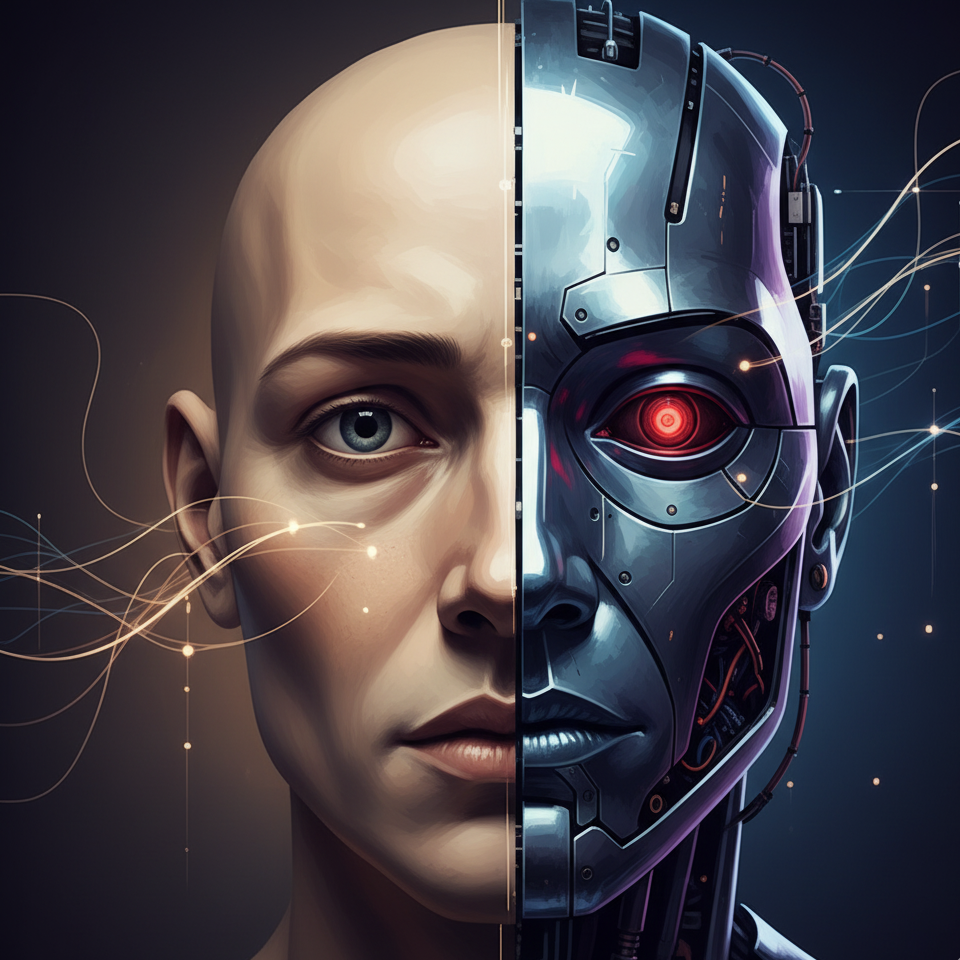Artificial intelligence (AI) is one of the most disruptive technologies of our time. Its advances are transforming multiple sectors, from medicine to transportation, and its potential seems limitless. However, it also raises uncertainty and debate about its impact on society.
Is AI a threat to humanity?
Some fear that AI could surpass human intelligence and take control. Others worry about its potential to cause massive unemployment, as machines could automate tasks currently performed by people.
Or is AI an ally to humanity?
AI can be a powerful tool to solve some of the world’s greatest challenges, such as climate change, poverty, and disease. It can also help improve efficiency and productivity across various industries.
Finding the balance
It is essential to find a balance between the risks and benefits of AI. To achieve this, we must:
- Develop AI in a responsible and ethical way.
- Establish regulatory frameworks that ensure responsible use of AI.
- Educate society about AI and its implications.
AI is not inherently good or bad. It is a tool that can be used for good or for harm. It depends on us to ensure it benefits humanity.
Here are some points to consider in the AI debate:
AI is not a single entity. There are different types of AI, from simple systems that automate repetitive tasks to more complex ones capable of learning and making decisions.
AI is not conscious. It has no feelings or emotions. It is a tool designed to achieve specific goals.
AI is not a replacement for human intelligence. It can complement and enhance human intelligence, but it cannot replace it.
AI is a powerful tool that can have a significant impact on humanity. It is important to remain aware of both its risks and benefits and to work together to ensure it is used for good.

